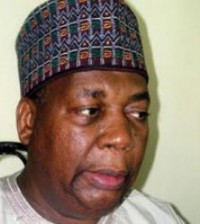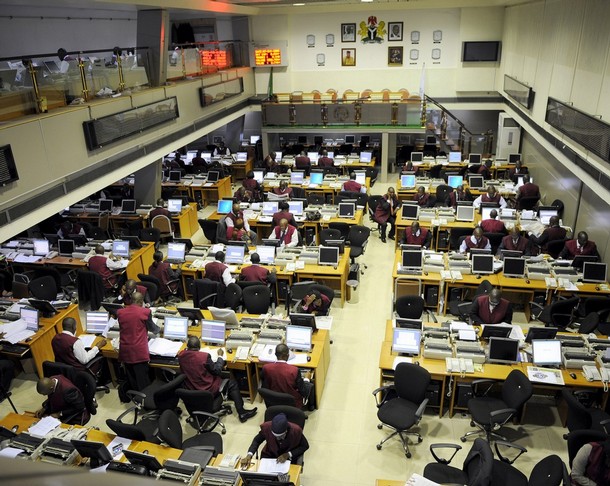NDIC to pay N2.03 billion Trapped Depositors Fund
The Nigerian Deposits Insurance Corporation (NDIC) said on Tuesday in Lagos that it has concluded arrangement to pay N2.03 billion to 69,000 depositors whose funds were trapped in 91 microfinance banks (MFB’s) across the country.
NDIC’s Head of Corporate Affairs Mallam Bichi while addressing a media event of Financial Journalists under the aegis Financial Correspondents Association of Nigeria (FICAN), on behalf of the Managing Director/Chief Executive of NDIC, Alhaji Umar Ibrahim, stated that the corporation had completed plans to pay depositors of Fortune and Triumph Banks which were liquidated in 2006 during the banking consolidation that reduced number of banks from 89 to 25.
He said the payment exercise would be through Access and Intercontinental Bank.
He noted that that the corporation as part of its achievements in the last 22 of its operations, had paid N3.03 billion out of N5.241 billion insured deposits of 35 deposit money banks that were liquidated in period preceding the consolidation of the banking industry.
He also disclosed that the corporation had paid N6.151 billion dividend declared to depositors of the 35 deposit money banks pre-consolidation.
According to Bichi, the collaborative efforts of both NDIC and the Central Bank of Nigeria (CBN), in keeping abreast with global best practices since 1989, when the corporation commenced operations had brought about the achievement of a milestone success of financial inclusion in the financial industry, which resulted in the introduction of MFB’s and primary mortgage institutions (PMI’s).
He explained that as a result of the success financial inclusion had witnessed a sustainable delivery accessible financial services and products to the vast majority of the citizenry, while the marginalised and the poor had also been accommodated.
He noted that an effective inclusive financial system with a broad based provision of financial services will not only enhances productivity, innovativeness, information, development of new products and social economic development, but will also reduce poverty in the country
Worldstage







